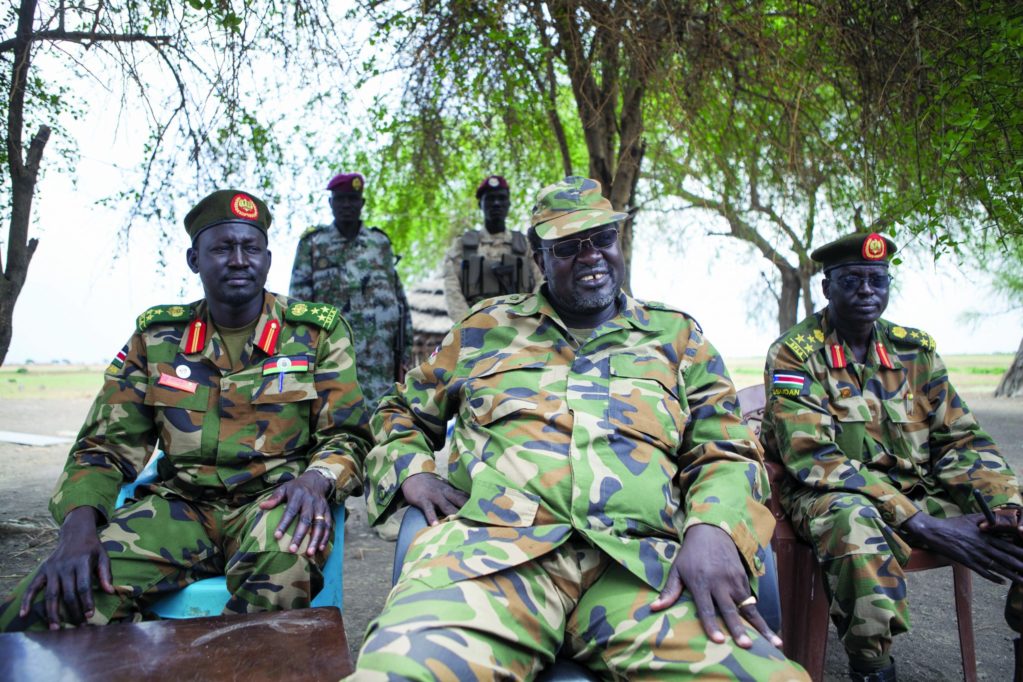Thousands walked along the rain-soaked road. Their faces covered in dirt, some in blood. Their eyes cried for safety. Thousands more added to the 1.6 million of displaced people in South Sudan – desperately fleeing some of the worst violence in Africa’s newest nation.
In December 2013, South Sudan’s then vice president, Riek Machar, fled to the bush amid accusations from President Salva Kiir of trying to stage a coup. The truth of what actually happened is still unclear.
Nevertheless, Machar did not go alone. An experienced military leader, he took with him an army of rebels. An inter-tribal civil war has ravaged the newly-formed country ever since.
South Sudan is one of the world’s least developed countries; born out of Africa’s longest running civil war. In 2005, a peace deal ended the war and six years later, the country gained independence. The oil-rich region of Unity State saw a lot of commercial investment during this time and offered the country hope of prosperity. At the outbreak of war, this area would become a fiercely contested prize.
Six months into the conflict, I investigated what was happening in the region, the extent of the conflict, and whether it was safe for aid workers to carry out their vital work.
North of Bentiu, the capital of Unity State, government forces positioned themselves to retaliate against the rebel soldiers who had occupied a small village for the previous three days. Locals had spent 72 hours living in a shared nightmare. Machar’s rebels arrived under the cover of darkness, announcing their presence with automatic gunfire aimed indiscriminately at men, women and children.
Nothing remains more vivid in my mind, from my time investigating the conflict, than hearing the horror of the survivors describing the violence. They claimed that children had been raped and hanged. Entire families were burned alive in their thatched huts. Only a handful managed to escape the massacre.
The recapture of the village did not end the horror for the survivors. Those who could not flee would be victims to the next group of occupying war fighters.
It was a story shared by civilians throughout South Sudan. The United Nations has accused both sides of ethnic cleansing and widespread forced displacement. Looting, sexual assault and torture was also said to be rampant.
The use of child soldiers has been widespread. Often as young as 10, these children are used for frontline and support roles, sometimes for sexual purposes. Unicef estimates 12,000 children are currently being used by the armed forces and are “increasingly vulnerable to violence and to sexual abuse and exploitation”.
Nearly two years later, more than 2.2 million people have fled their homes. The conflict has affected neighbors on all sides, with refugees seeking a safer and better quality of life. Multiple peace treaties have been broken by Machar and Kiir. A country which has so much to offer, culturally and commercially, is slipping ever further into chaos.
With the latest accusations of both sides breaking the August 2015 peace treaty, it’s yet to be seen what the future holds for South Sudan. Hopefully there will be a mutual commitment to peace so the millions of displaced people can finally return to their homes.
– Daniel Wheeler
